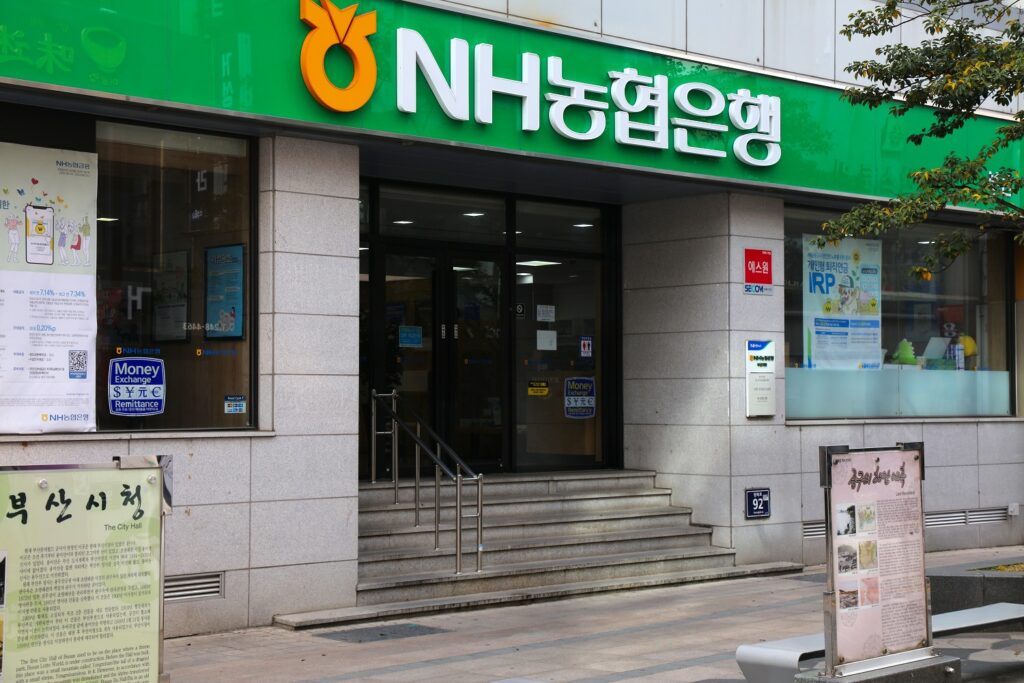South Korea’s financial industry thinks the nation’s security token offerings (STO) market could be worth $287 billion by 2030, with the biggest commercial banks in the country “lining up” to get involved.
Per EDaily, the Hana Financial Group’s Management Research Institute predicted that the domestic security token market will grow to almost $27 billion next year.
The group predicted rapid growth to follow in the remainder of the decade.
Banks have been responding to the government’s recent policy announcements on the matter of STOs.
All forms of domestic coin issuance were outlawed in early 2018.
But the government last year pledged to relax the rules, particularly for STO projects.
Regulated financial firms will be allowed to offer STO products with relative freedom.
And the media outlet said industry insiders expect “the pace of domestic financial companies’ entry into the market” to “accelerate quickly.”
Seoul wants to test the STO waters in a regulatory sandbox.
In the sandbox, selected firms will be able to “issue and distribute” tokenized securities under the supervision of the Financial Services Commission (FSC).
But banks are anticipating a firmer green light, and have formed an STO “alliance.”
The alliance was co-founded by one of the nation’s biggest and most crypto-keen banks, Nonghyup (NH) Bank, along with the smaller nationwide bank Suhyup Bank and the regional bank Jeonbuk Bank.
But the alliance’s membership doubled on June 15, when three of the biggest banks in the nation joined – namely the Industrial Bank of Korea, Shinhan Bank, and Woori Bank.
South Korean Security Tokens – Could They Take Off?
Banks are anticipating an explosion in STOs, with tokenized “real estate, artwork, and music copyright” projects set to debut.
At least one tokenized music copyright firm has already joined the FSC’s sandbox.
But some have warned that banks may have to wait until as late as 2025 before they can access the STO market.
Regulators said they had been forced to push back the rollout of relevant legislation.
An unnamed regulatory official said that the “submission of the relevant legal amendment” had already been “delayed a little,” meaning that STO legalization could come into force “at the end of next year at the earliest.”
Earlier this year, South Korean media outlets reported that Shinhan and another major banking group, Kookmin, had already begun developing STO trading platforms.


